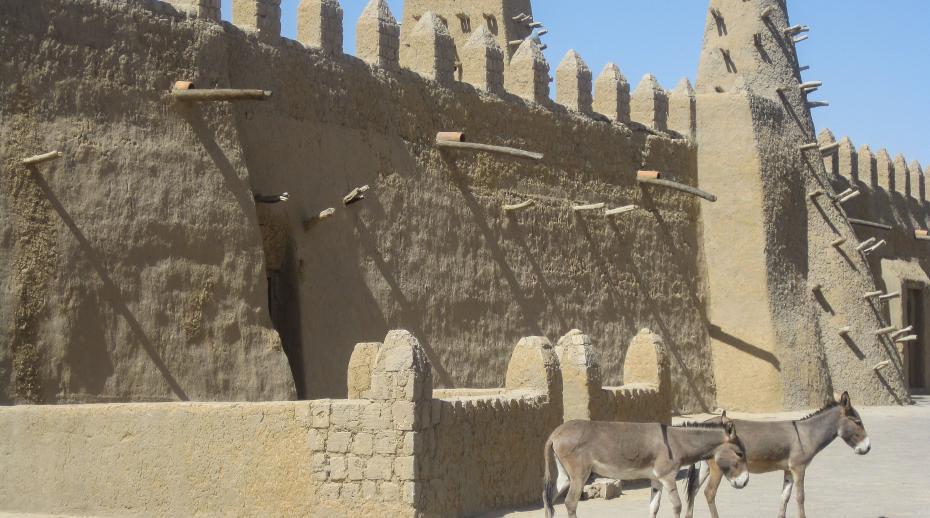Protection
The deteriorating security situation in West Africa is accompanied by a growing number of protection incidents, ranging from physical violence, gender-based violence and forced displacement to family separation and the closure of schools. The Liptako-Gourma region is a hotspot of rights violations, encompassing the border regions of Burkina Faso, Mali and Niger.
In 2020–22, SIPRI conducted research on humanitarian protection mechanisms in the Liptako-Gourma region in collaboration with the Danish Refugee Council (DRC), LASDEL (Niger), Point Sud (Mali) and the Centre for the Democratic Governance of Burkina Faso (Burkina Faso). The research included two rounds of quantitative data collection, qualitative interviews and focus groups discussions. Both rounds of research were carried out in the regions of the north and Sahel in Burkina Faso, Mopti in Mali and Tillabéri in Niger in August–September 2020 and June 2021. Findings were included in the DRC 2021 and 2022 cycles of humanitarian protection programming, and lessons learned were disseminated to the humanitarian community. This project is funded by the Arts and Humanities Research Council, UK Research and Innovation (AHRC-UKRI).
SIPRI conducted a study, for the United Nations High Commissioner for Refugees (UNHCR), to understand the consequences of forced displacement in the urban areas of the Liptako-Gourma region and their specific challenges in the central Sahel (Burkina-Faso, Mali and Niger).
SIPRI also mapped community protection mechanisms in three different Malian regions (Timbuktu, Mopti and Sikasso). The project was funded by the Swiss Agency for Development and Cooperation and implemented in collaboration with the Centre d’études pour le développement en Afrique (CEDA).
